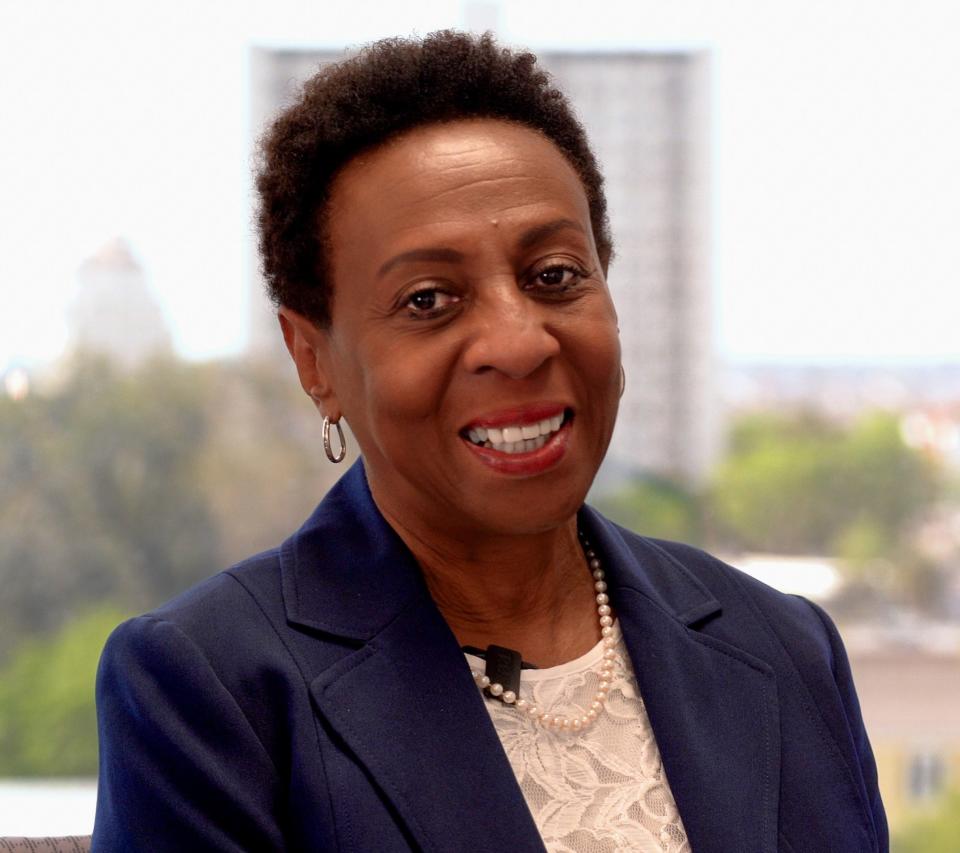Healthy Start CEO: October sheds light on complex issue for Jacksonville parents

The month of October is Pregnancy and Infant Loss Awareness Month, a time to honor all the babies whose bright lights left us far too soon. It’s one of several recognitions and special events throughout the year drawing attention to the heartbreaking fact that too many infants don’t live to celebrate their first birthdays.
These special commemorative times help grieving families who’ve suffered a loss while also drawing attention to a very complex and always uncomfortable issue: Too many babies are dying from causes that are often preventable.
I’ve long shared, along with many who work in maternal and child health, that infant mortality is an indicator of the health of a community. Recently, the Northeast Florida Healthy Start Coalition, with funding from the Kids Hope Alliance, hosted a day-long discussion and other efforts about the issues affecting local families that are directly or indirectly impacting the health and well-being of our babies and their mamas.
Although there are no easy answers and no quick fixes to this issue, we do know that the total health of the mother before and during pregnancy, social determinants of health (i.e., the nonmedical stress factors influencing health outcomes including economic policies, social norms, etc.), lack of family planning and siloed medical or social services have been identified as trends contributing to poor birth outcomes.
Of course, the issues tied to infant mortality locally aren’t germane to just our area; the entire country has less than desirable rates. But fortunately for us, we do have a community that’s engaged and working on finding solutions. We do have a community that understands the stats aren’t just numbers, but real people, some of whom never get to experience taking their first steps, attending kindergarten and the joys of friendship.
Thankfully more children in Northeast Florida are living to their first birthdays and reaching many more milestones. In fact, we’ve seen a decrease of infant mortality of more than 20% in our five-county service area (Baker, Clay, Duval, Nassau and St. Johns) and a nearly 30 percent decrease in Duval County over the past four years (2018-2021).
Letters: Who was ‘Duuuval,’ anyway? A Jax history lesson and other topics of interest
These percentages, these lives, are the result of what concerted civic and community efforts can accomplish. But we still have a lot more work to do.
I hope you’ll join me and many other community leaders in keeping civic, nonprofit and other efforts affecting local families top of mind. It’s essential that as we develop or renew city, county and state policies, we do our due diligence in truly understanding the implications. As a community, it’s essential we each do our part in developing solutions whether that be as an advocate, as a voter, as a donor, as a politician, as an employer.
Collectively we can ensure more birthday celebrations — instead of memorials.

Faye Johnson, CEO, Northeast Florida Healthy Start Coalition
This guest column is the opinion of the author and does not necessarily represent the views of the Times-Union. We welcome a diversity of opinions.
This article originally appeared on Florida Times-Union: Progress in Jax area on infant mortality rates, more solutions needed

